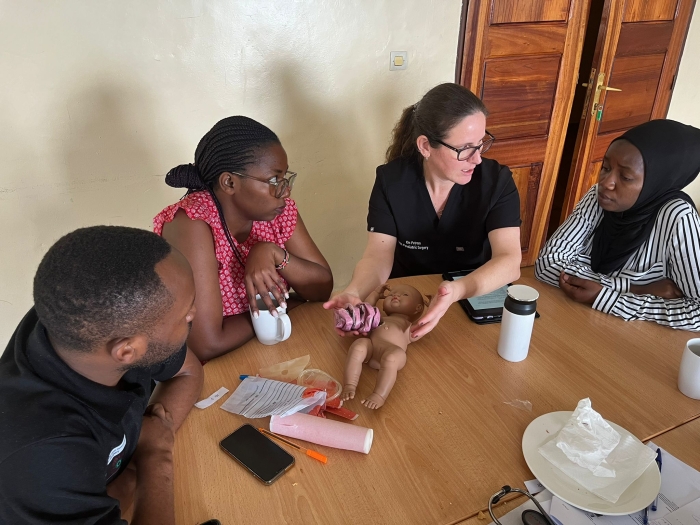I remember when I scheduled my board exam. I wrote a blog post, very much like this one, documenting what seemed like a massive, but nonetheless intermediate milestone. Today, I check off another gigantic but relatively administrative milestone from the list: I e-mailed my doctoral committee members to schedule a dissertation defense. It still seems pretty far away (early-mid March), but it's close enough that there are conflicts with various dates and I'm still waiting to hear from a few committee members about their availability. Being a rather calendar/list oriented person, being able to print on two pages the calendar between now and my defense seems like a big deal. In some ways, being able to chart out the endgame of my doctoral program has been one of the most satisfying moments in my academic career. It feels in some ways like I'm emerging from the trees to gaze happily at the forest, which ends in March.
When I posted about scheduling my board exam in December 2006 (yes, it really was 4 years ago) I talked about my fear of failing. At that point, it was failing in a standardized way, failing in a way that every other medical student would have the opportunity to do for years to come. At this point, my fear of failing feels far more nuanced and individualized. I know that I will finish what I need to do in time for my defense. There may be some rather busy moments/days/weeks coming up, but it will get done. Instead, my fear of failing is two-fold:
1. Some of the first advice that I got as a doctoral student was to plan on being a little disappointed with the amount of work you can do in a dissertation. "It's not your magnum opus, it's a starting point," was what I heard repeated by a variety of mentors. Having internalized that fairly well, I nonetheless worry that what I've accomplished won't launch my fledgling academic career in the direction or with the force I'm hoping for.
2. Though many fewer of my mentors have emphasized this, I'm looking to try to keep my life in balance for the next few months. I want to keep having at least a minimal social life, see family, play in the orchestra, read, knit, and keep my kitchen stocked enough to eat well. I worry that the stress of the dissertation will cut into this!
As I write these two points, however, it occurs to me that these are neither nuanced nor individual, as I suggested above. They are in fact the same fears that we all have about the process and product of any major undertaking. I'll take heart in that, then, and keep pushing forward. See you all on the other side!

Department of Communication at Michigan Medicine
Want top health & research news weekly? Sign up for Health Lab’s newsletters today!





